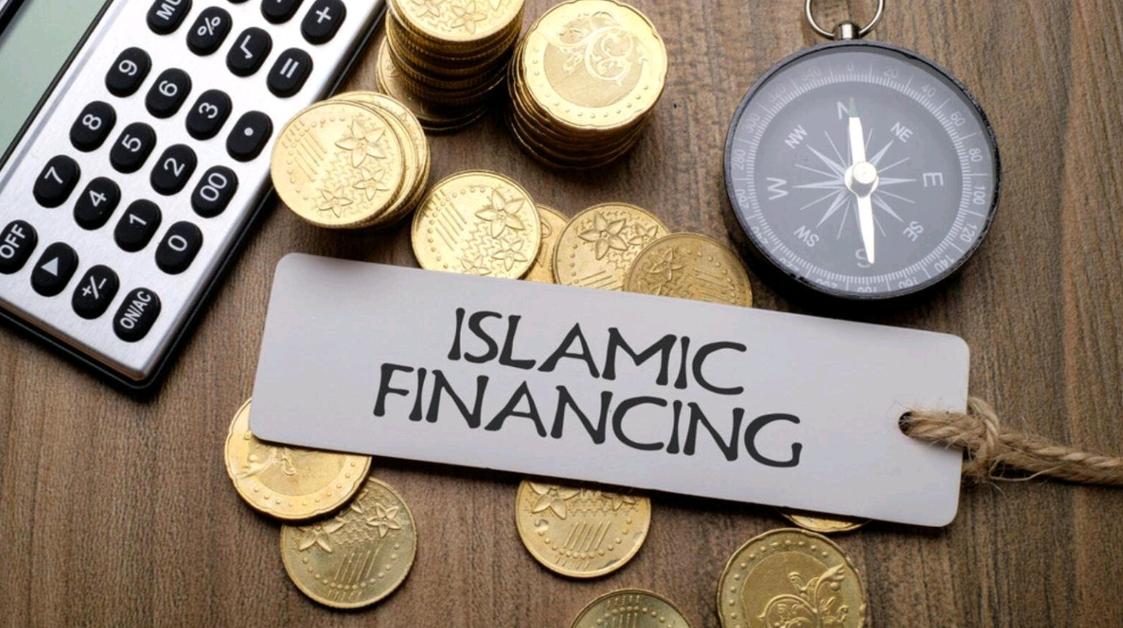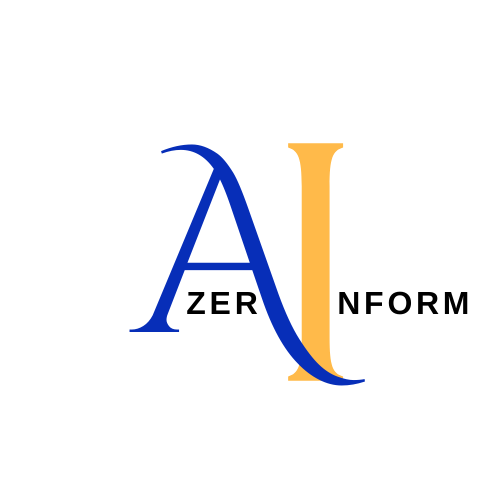Sharia finance, also known as Islamic finance, refers to financial practices governed by the ethical principles and laws of Islam. These principles are derived from the Quran and Hadith, prioritising fairness, transparency, and the prohibition of exploitative practices. The system operates distinctly from conventional finance, ensuring that all transactions are free of interest (riba) and excessive uncertainty (gharar).
Core Principles of Sharia Finance
At its foundation, Sharia finance is built on five key principles:
- Prohibition of Interest (Riba): Charging or paying interest is strictly forbidden. Instead, profit-sharing models like mudarabah (partnership) or musharakah (joint venture) are employed.
- Avoidance of Gharar: Uncertainty or excessive speculation in financial transactions is not allowed. Contracts must be clear and precise to protect all parties involved.
- Halal Investments: Investments must align with Islamic values. Businesses involved in activities like gambling, alcohol, and unethical industries are excluded.
- Asset-Backing: Every financial transaction must be tied to a tangible asset, fostering real economic activity and discouraging harmful speculation.
- Social Responsibility: Sharia-compliant financial activities aim to promote social justice and equitable wealth distribution.
How Sharia-Compliant Products Work
To accommodate modern financial needs, Sharia finance offers innovative products. Common examples include:
- Murabaha (Cost-Plus Financing): A bank buys an asset and sells it to a customer at a marked-up price, payable in instalments.
- Ijara (Leasing): An arrangement where the bank buys an asset and leases it to the customer for a fixed period.
- Takaful (Islamic Insurance): A cooperative model where participants contribute to a shared pool to cover mutual risks.
If you’re considering opening an Islamic bank in Melbourne, ensure the institution is certified for Sharia compliance to align with these principles.
Global Appeal and Growing Demand
Sharia finance is not restricted to Muslim-majority countries. Its ethical and socially conscious framework has attracted interest globally. Non-Muslim investors and businesses are increasingly recognising its value in fostering sustainability and ethical practices.
Sharia Finance in Practice: Real-World Applications
Sharia finance is not just a theoretical concept but a practical system applied in various sectors, including housing, business funding, and even social welfare. Offering alternatives to traditional interest-based products, enables individuals and organisations to engage in financing that aligns with ethical standards, providing tangible benefits to communities.
Conclusion
Whether you are a seasoned investor or new to finance, understanding Sharia finance can open doors to a system rooted in fairness and integrity. Its emphasis on ethical principles offers a refreshing alternative to conventional financial models, resonates with diverse communities worldwide.

 Home
Home







